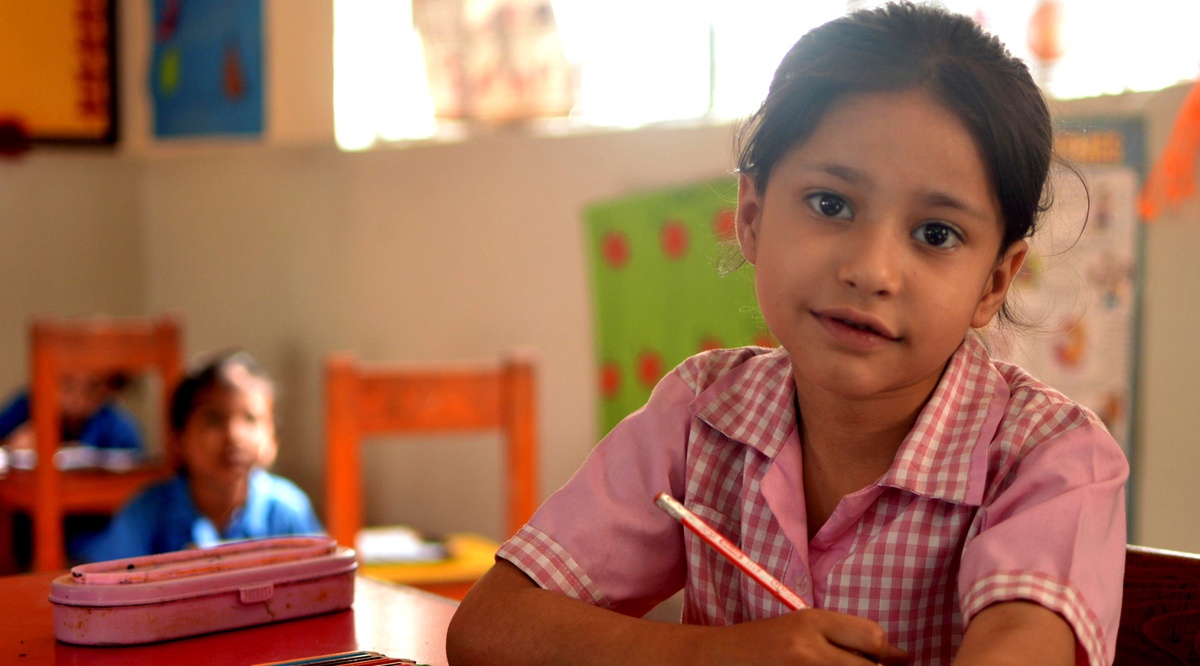Karachi, the gleaming metropolis and economic engine of Pakistan, is home to over 20 million residents seeking access to education's illuminating power. As the nation's financial epicenter, the current state of Karachi's education system impacts the city and country's trajectory.
In this blog, we will explore the strides made, lingering gaps, challenges constraining progress, and potential solutions to build an education in karachi framework that nurtures engaged citizens and unlocks human capital.
Flickering Flame: Signs of Hope
While substantial room for improvement remains, Karachi has made tentative steps forward in expanding educational access:
Rising Literacy
Official literacy rates have increased from 65% to 75% in the last decade, as more citizens gain basic reading and writing abilities.
Expanding Access
Enrollment rates for primary education have risen over 15% as more students attend free government and affordable private schools.
Community Stepping Up
Recognizing gaps, non-profits like TCF, CARE, and NGOs like DreamFly provide scholarships and free schools in low-income areas.
Gender Imbalance Reducing
Cultural attitudes are slowly changing. Girls' enrollment has steadily risen over the years, though parity with boys is still lacking.
Emergence of EdTech
Local startups like SABAQ, Taleemabad, and Dot & Line are using technology to improve teaching methods, content access, and engagement.
Increased Technical Options
Vocational institutes teaching skills like welding, nursing, automotive repair have multiplied, improving youth employability and livelihoods.
These steps reveal gradual progress in improving access and delivery of education in Karachi. But deep systemic challenges continue to exist.
Flickering Flame: Persisting Gaps
Despite the forward momentum, Karachi’s education ecosystem has glaring gaps:
Dilapidated Public Infrastructure
Most government schools lack basic amenities like clean drinking water, working toilets, electricity, boundary walls. Missing infrastructure impedes learning.
Dearth of Qualified Teachers
Many government teachers are underqualified or absenteeism. Lack of training programs results in poor pedagogical skills. Low pay reduces motivation.
Outdated Curricula
Curricula overly rely on rote learning without emphasizing analytical thinking, creativity, and problem-solving. Not adapted to contemporary skills requirements.
Technology Integration Lacking
Education authorities lack strategy for integrating EdTech to enable personalized learning, digital skills development, and innovative teaching methods.
Overcrowded Classrooms
High student-teacher ratios of 1:60 in government schools prevent individual attention and encouragement needed for quality learning.
Rural-Urban Divide
In peri-urban and rural outskirts, educational access and infrastructure are very poor, especially for girls. Poverty and cultural norms exacerbate the gap.
Higher Education Limitations
Capacity in public universities is limited. High fees and lack of financial aid restrict access for students from disadvantaged backgrounds.
Reforms are urgently required in these areas to nurture Karachi's full human capital potential.
Igniting Change: Potential Solutions
To transform Karachi's education system, collaborative efforts between government, communities, non-profits and private sector are needed:
Public-Private Partnerships
P3 models can leverage private expertise to improve public education infrastructure, teacher training, digital learning, and curriculum development.
Community Participation
Parents and community members should volunteer, donate funds, monitor schools, and provide missing facilities through their Corporate Social Responsibility.
Increase Budget to 6% of GDP
Pakistan must increase annual education budget from 2.2% to at least 6% of GDP. 25% of Sindh's budget should go to education.
Teacher Training Programs
Mandatory training, student-teaching apprenticeships, and professional development programs can improve pedagogical skills.
Curriculum Innovation
Overhaul outdated curricula by adding analytical thinking, problem-solving, creativity and technology skills for 21st century needs.
Rural Area Focus
New schools must be set up in rural locales and existing ones renovated. Financial incentives can boost girls' enrollment.
Leverage EdTech
Devise policies and curriculum integration strategies to leverage EdTech for personalized learning and skill development.
Vocational Training
Expand vocational institutes with industry apprenticeships to equip those not pursuing higher education with employable skills.
Needs-Blind Admissions
Public universities should expand seats and provide needs-blind admissions and financial aid to deserving students of merit.
With coordinated efforts on these fronts, Karachi can kindle an education revolution and allow its citizens to achieve their potential.
Keeping the Flame Alive
Quality education has the power to transform lives, energize communities, and enable national progress. For Karachi to reap these fruits, government authorities, civil society, and the private sector must work together.
Change requires tackling gaps pragmatically while keeping the candle of hope and opportunity illuminated for all segments of society. It necessitates investment, inclusiveness and nurturing thepotential of each child.
There will be challenges along the winding road, but the destination is one worth striving for. As Nelson Mandela said, “Education is the most powerful weapon which you can use to change the world.” This hope of enlightenment and empowerment through education can ignite progress and help Karachi's light shine ever brighter.


No comments yet